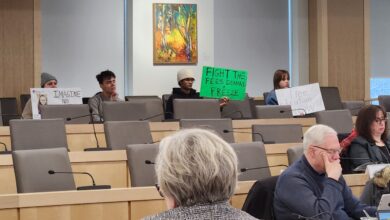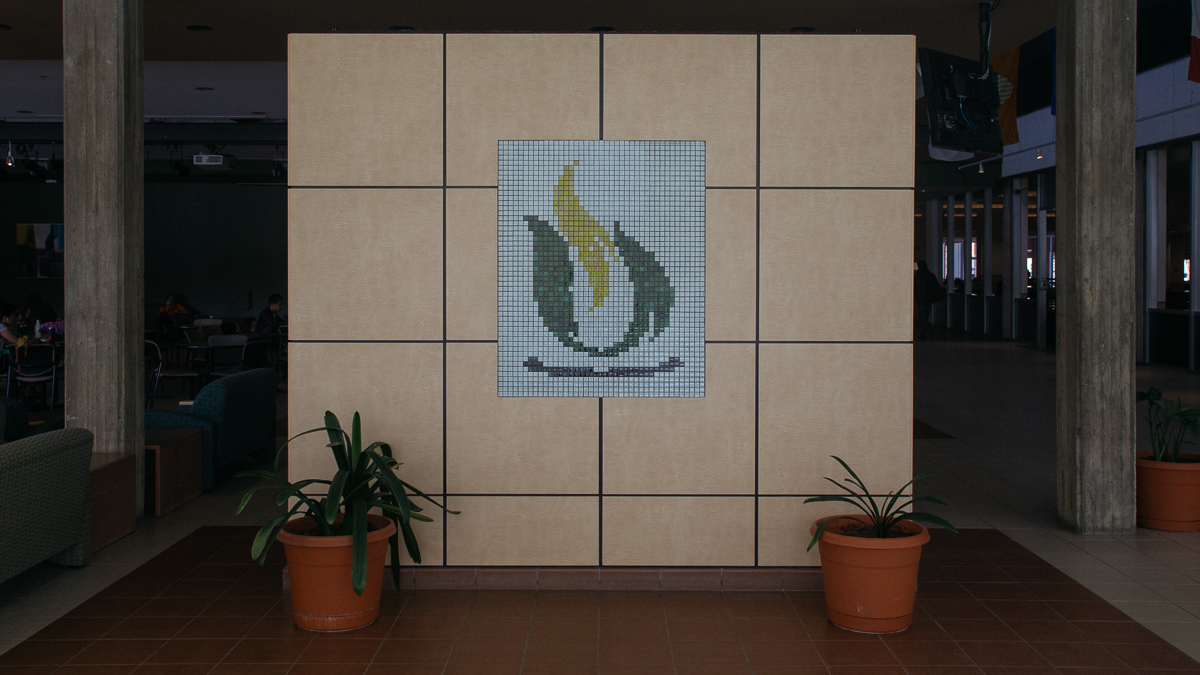 Photo by Mikael Kristenson on Unsplash
Photo by Mikael Kristenson on UnsplashLet’s get one thing clear: despite all the noise that’s been made, there’s never been a real threat against free speech at Canadian universities.
No topics have been banned and no departments have been silenced for covering a specific issue. What has happened is justified pushback against irresponsible ways of discussing issues. For example, take the Wilfrid Laurier incident, where a teaching assistant, Lindsay Shepherd, showed a video to her class as if it was just another piece of information.
Yet it wasn’t. It was a debate about whether or not to respect pronouns of trans and non-binary students, a debate that included Jordan Peterson, who insulted and marginalized those students. That Shepherd presented the video as if both sides had equal merit and felt neither side needed contextualization not only lent legitimacy to the marginalization done, but sent a silent message to trans and non-binary students in that class that their very identity is up for debate.
Those who see academia as aloof from issues of social justice have confused freedom of speech, dissenting opinions, justifiable dissent, and constructive discourse. Any society built around free speech ought to let you hold and verbalize your own opinions, so long as they don’t cause injury (mental or physical) to others. This means you can dissent on clearly accepted things in society, much like flat-earthers are allowed to dissent from the obvious proposition that the earth is round.
However, there’s a difference between dissenting opinions and justifiable dissent. That’s why we don’t dedicate time or space to flat-earthers in academic discourse, because their views are scientifically unjustifiable. In a similar way, universities and student bodies should be able to reject unjustifiable opinions since they don’t lead to constructive discourse. This should apply to people like Peterson, seeing as his views on trans* and non-binary folks, as well as women, have already been debunked through research disproving biologically deterministic views of gender identity. In situations like the Wilfrid Laurier incident, people like Lindsay Shepherd should be held accountable for presenting Jordan Peterson as if he was non-problematic, rather than as someone who’s actively advocating to continue oppressing a marginalized group.
It hasn’t been the case that applications of hate speech limitations on free speech have caused “a great deal of confusion.” The issue is that there is a good number of folks actively trying to portray free speech limitations as if they are confusing, in order to open up debate around curtailing hate speech restrictions. Take for example the solution that we should draw the speech restriction line at violent speech. Now, correct me if I’m wrong, but the issues with groups like the KKK or neo-nazis aren’t solely about direct physical or verbal violence. These groups also inflict tangential or indirect harm through acts such as large-scale gas-lighting, spreading misinformation, dehumanization of minority groups, and otherwise working to undermine the rights of others.
Imagine that the Ku Klux Klan changed their slogan to “we don’t want to hurt black people, we just think they’re all lesser and should leave.” That would still be fairly problematic despite not being “violent speech.”
In the end, the issue isn’t that dissent and free expression are under attack on campuses. It’s that folks dislike having to be responsible for the implications their views have for other people. Ontario’s universities aren’t hovering on the brink of becoming opinion echo chambers. They’re as vibrant and full of discourse as ever, and therefore don’t need policies to ensure the protection of free speech.




